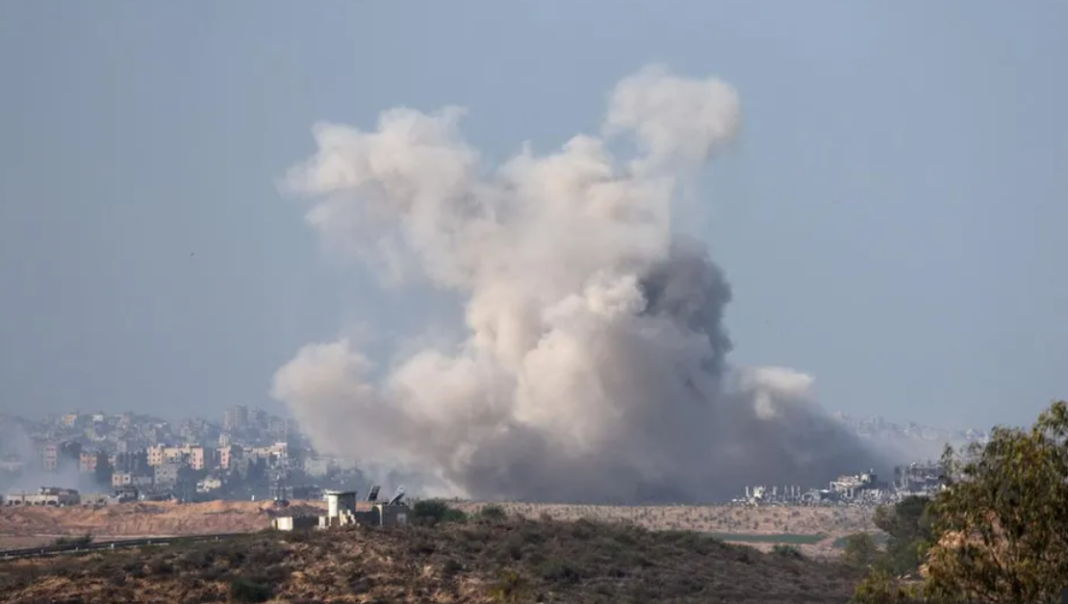(BBC News) Fighting resumed between Israel and Hamas on Friday morning, ending a seven-day ceasefire between the two sides that had seen hostages and prisoners released, and humanitarian assistance reaching the Gaza Strip.
An hour before the ceasefire was due to end at 07:00 local time (05:00 GMT), the Israel Defense Forces (IDF) reported that sirens were sounding for communities close to the Gaza Strip – it then said it had intercepted a rocket fired from the enclave.
An hour later, Israel’s military said fighting had resumed, accusing Hamas of violating the terms of the agreement.
The IDF then said its fighter jets were striking Hamas targets in the Gaza Strip.
Shortly after, Israel’s Prime Minister Benjamin Netanyahu said Hamas had not “met its obligation to release all of the women hostages today and has launched rockets at Israeli citizens.”
However, Hamas blamed Israel for the resumption in fighting, saying it refused “to accept all offers to release other hostages.”
“The occupation had a prior decision to resume the criminal aggression,” it said in a statement, blaming U.S. President Joe Biden for “the continuation of Zionist war crimes in the Gaza Strip” and “giving the green light to Israel.”
Throughout the week-long ceasefire, Netanyahu has come under pressure, particularly from right-wing elements in his government, to re-start the war – something Israel has continually made clear it intended to do once the agreement had come to an end.
Despite this, there are hopes that a new agreement could be reached. Qatar, which has played a crucial role in negotiations over a ceasefire, confirmed on Friday that talks were continuing “with the aim of returning to a pause.”
Within seven hours of the fighting resuming, the Hamas-run health ministry said more than 60 people had been killed, adding to the nearly 15,000 Palestinians it said were killed before the ceasefire.
Before the ceasefire, the Gaza Strip had undergone widespread destruction as Israel conducted its campaign in response to Hamas’s October 7 attacks.
Israel claimed to have used more than 10,000 bombs and missiles, and BBC analysis found that almost 98,000 buildings in Gaza may have suffered damage, with most concentrated in the north.
The strikes also brought humanitarian aid to a halt. Aid agencies were able to use the pause in fighting to get crucial assistance in, but reported finding devastation in many of the areas they reached.
It is estimated that about 140 Israeli hostages remain in captivity in Gaza.
https://www.bbc.com/news/world-middle-east-67589259


